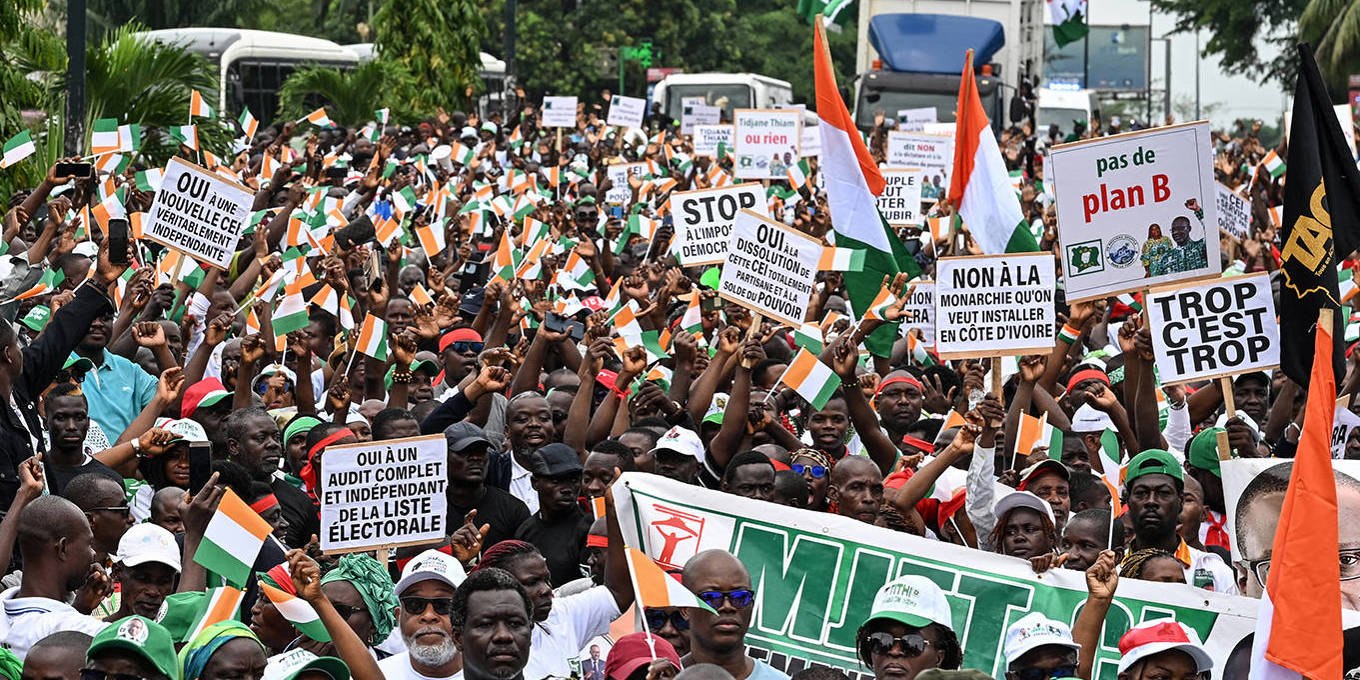
With months to go before October’s presidential election, multiple opposition leaders have been disqualified under obscure legal provisions. If President Alassane Ouattara is allowed to pursue a fourth consecutive term without credible opposition, Côte d’Ivoire risks sliding into one-party, if not one-man rule.
YAMOUSSOUKRO – When I announced my candidacy for the presidency of Côte d’Ivoire earlier this year, I had certain expectations of what the campaign would entail: long journeys to meet voters in small towns, spirited debates with my opponents on national television, and late nights poring over polling data.
- A Tax Victory for Multinationals Over People
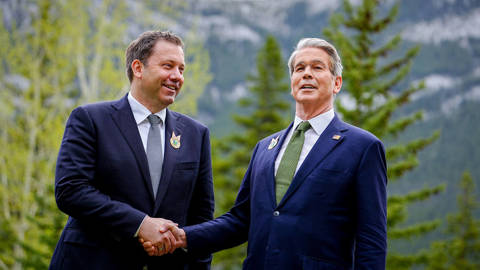 Kay Nietfeld/picture alliance/Getty Images
Kay Nietfeld/picture alliance/Getty Images - The Long March of China’s Economy
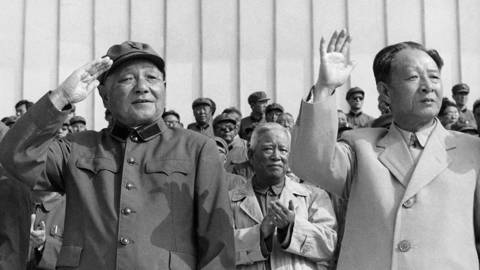 AFP/Getty Images
AFP/Getty Images - What It Means to Build Local AI
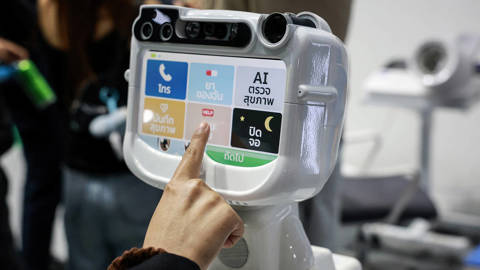 Valeria Mongelli/Anadolu/Getty Images
Valeria Mongelli/Anadolu/Getty Images
Six months later, those expectations seem quaint. With October’s presidential election approaching, the electoral process has become entangled in endless legal battles. Instead of engaging with voters on the campaign trail, I have had to spend too much of my time confined to meeting rooms, surrounded by legal advisers.
In May, my name was removed from the ballot after a court ruled that the French citizenship I held at the time I announced my candidacy invalidated my Ivorian citizenship. This ruling enforced a legal provision that, despite having existed since 1961, had never been applied to any dual national. As a result, I was declared ineligible to run for or hold high office.
Although I renounced my French citizenship in March, the Independent Electoral Commission (ICE) claims it was too late and insists that there is not enough time before the October presidential election to reinstate my name on the ballot. This position is especially confounding, given that I am far from a fringe candidate. In 2023, I was elected leader of the Democratic Party of Ivory Coast-African Democratic Rally (PDCI-RDA), the country’s main opposition party, with 96.5% of the delegates’ votes. Multiple polls suggest I would win a head-to-head race against President Alassane Ouattara, should he choose to run for a fourth term.
I am not the only opposition leader being forced out of the race. Also excluded from the recently finalized electoral list are former President Laurent Gbagbo, his longtime ally Charles Blé Goudé, and exiled former Prime Minister Guillaume Soro. Together with my disqualification, these exclusions have led many observers to question whether the October election can truly be considered competitive.
As matters stand, the more likely scenario is that Ouattara – should he confirm his intention to seek re-election – will face little to no credible opposition in his bid for a fourth consecutive term. Such an outcome would be disastrous for Côte d’Ivoire, effectively accelerating the country’s slide toward one-party, if not one-man rule.
Secure your copy of PS Quarterly: Post Americana 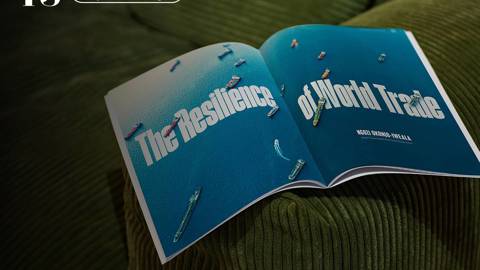
Secure your copy of PS Quarterly: Post Americana
A new issue of our magazine, PS Quarterly: Post Americana, is here.
Subscribe to PS Premium to read expert commentary on the collapse of US global leadership and its implications for trade, security, cooperation, and the future of power.
Subscribe Now
Unsurprisingly, Ouattara’s government denies any judicial interference. But such denials have done little to assuage growing concerns among the public that the legal system is being weaponized to crush any opposition leader who might stand a chance of winning the presidency.
To be sure, the rise of electoral authoritarianism is not unique to Côte d’Ivoire. We have seen the same tactics deployed in other countries, where the courts are used to silence opposition voices and preserve the status quo. But Côte d’Ivoire’s tumultuous recent history makes this especially dangerous. Most notably, a disputed election in 2010 plunged the country into a brutal civil war that claimed the lives of at least 3,000 people.
We owe it to our citizens to do better. That is why I am calling for calm and appealing to the United Nations Human Rights Committee to review my case.
The great tragedy is that the current wave of lawfare is diverting attention from the urgent issues facing Côte d’Ivoire. In a country where life expectancy is only 62 years – lower than in both Liberia and Mauritania – we should focus on rebuilding our health-care system. Given that Ivorian schools rank 13th out of 14 Francophone African countries in mathematics, fixing our broken education system should be a national priority. And Côte d’Ivoire’s recent addition to the Financial Action Task Force’s Grey List for money laundering should prompt a serious discussion about crime prevention and financial transparency.
Instead, we find ourselves trapped in a bogus legal process, drifting toward sham elections and deepening authoritarianism. A small clique has been allowed to corrupt our institutions and weaponize the machinery of the state to suppress civil society.
This is no way to run a country. On our current trajectory, Côte d’Ivoire is at risk of plunging once again into the crises of the past. Only a truly democratic Côte d’Ivoire can deliver the stability necessary to drive the country forward and build lasting prosperity for its people.
In a region where poverty and instability have too often been the norm, I believe Côte d’Ivoire has the potential to become a beacon of progress. But if we let the guardrails of democracy break down, we will squander that opportunity.

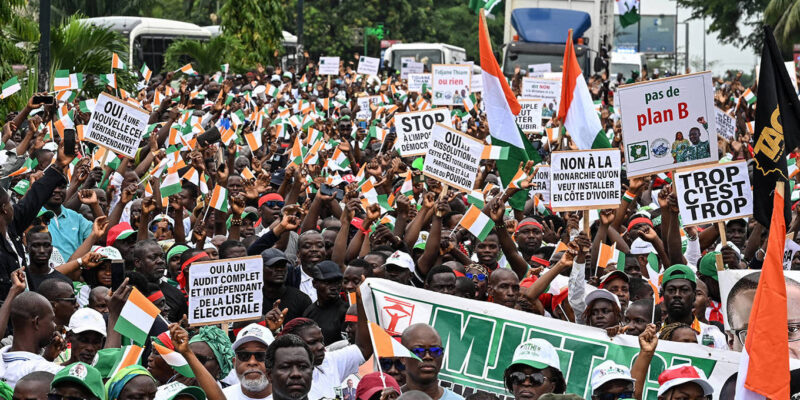
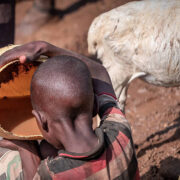


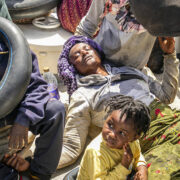
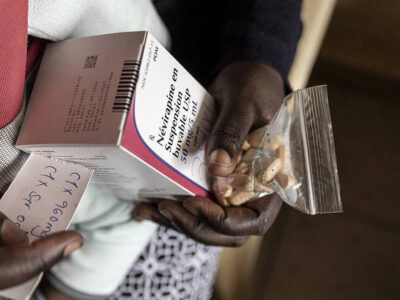
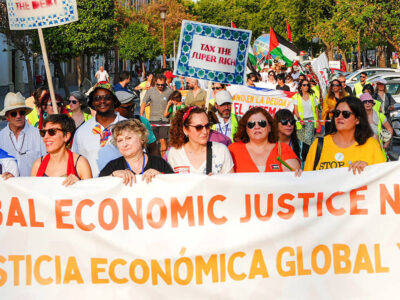
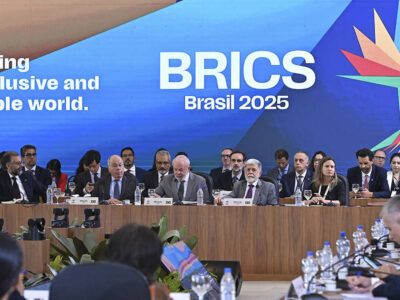


Comments